What Should I Do If I have a Leaking Sink?
A leaking sink plumber can be a common household annoyance, but it’s essential to address it promptly to prevent further damage. In this article, we will discuss what you should do if you encounter a leaking sink, providing step-by-step guidance and useful tips to help you tackle this issue effectively.
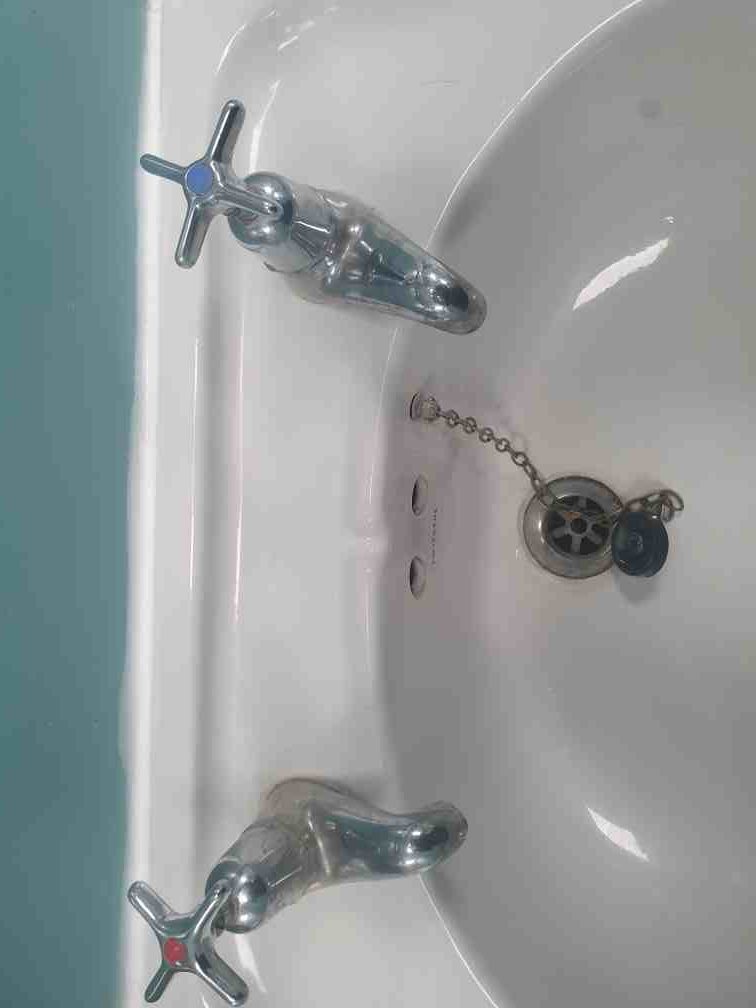
Identifying the Source of the Sink Leak
The first step in dealing with a leaking sink is identifying the source of the leak. Leaks can originate from various places, such as the tap, drain, or pipes. Here’s how you can determine the source:
Check the Tap
- Start by inspecting the tap for any visible drips or water escaping around the base.
- Tighten any loose connections and see if that stops the leak.
- If the tap is old or severely damaged, consider replacing it.
Examine the Drain
- Look under the sink for signs of water pooling or dampness around the drain.
- Tighten the connections between the drain and the sink.
- If the drainpipe is cracked or corroded, it may need replacement.
Inspect the Pipes of your Leaking Sink
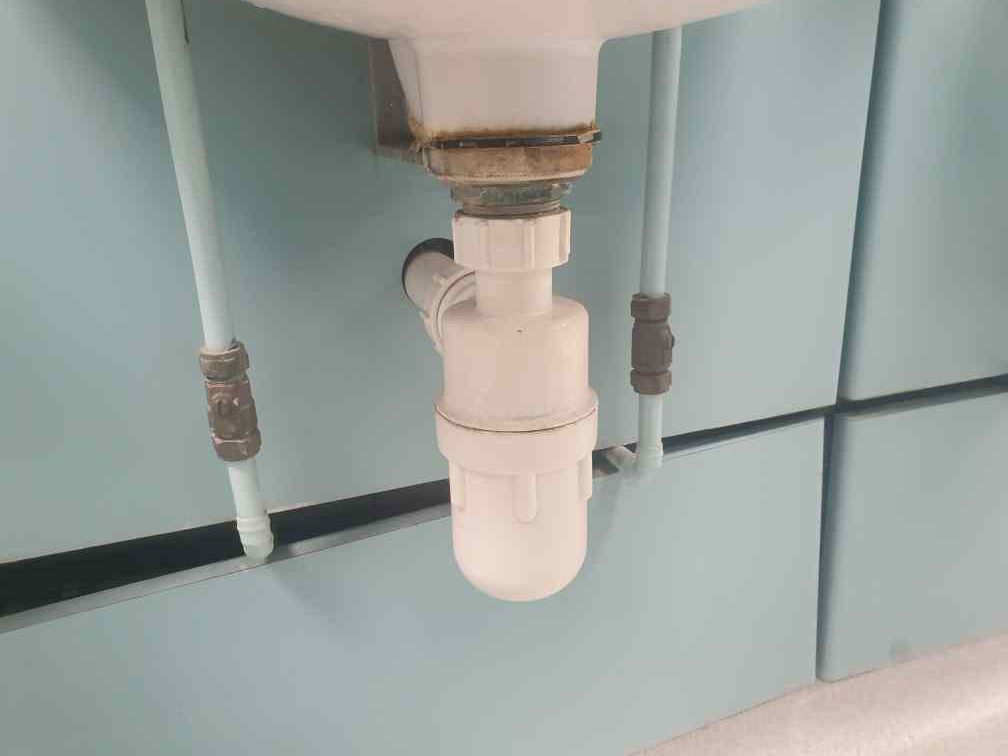
- Check the pipes under the sink for any obvious leaks or water stains.
- Tighten loose fittings or connections.
- If the pipes are severely damaged, consult a plumber Bristol for repairs.
Regular Sink Pipe Maintenance Tips
Regularly check your sink pipes for signs of wear and tear, and ensure they are securely fastened. This can prevent many issues from developing.
Installing Water Hammer Arrestors to Avoid Leaking Sink
Water hammer arrestors can absorb the shockwaves caused by water hammer, preventing rattling sink pipes and protecting your pipes from damage.
Securing Loose Pipes underneath your Sink
Ensure all pipes are securely fastened with brackets or clips to prevent movement and rattling. This simple step can save you a lot of headaches in the long run.
Rattling sink pipes are more than just a minor annoyance – they can indicate serious plumbing issues that require immediate attention. Whether it’s a simple fix like securing a loose pipe or something more complex like a CCTV inspection, addressing the problem promptly can save you time, money, and stress. Don’t hesitate to call in the professionals if you need help – after all, peace and quiet at home is priceless.

Turning Off the Water Supply
Once you’ve identified the source of the leak, the next step is to turn off the water supply to the sink. This is crucial to prevent further water damage and make necessary repairs.
Read about adjusting water temperature.
Locate the Shut-Off Valve to start repairing your Leaking Sink
- The shut-off valve is typically located beneath the sink.
- Turn the valve clockwise to shut off the water supply.
Temporary Fixes
While you’re waiting for repairs or until you can replace a faulty component, there are some temporary solutions you can try to minimize the leak.
Use Plumbers Tape for Leaking Sink
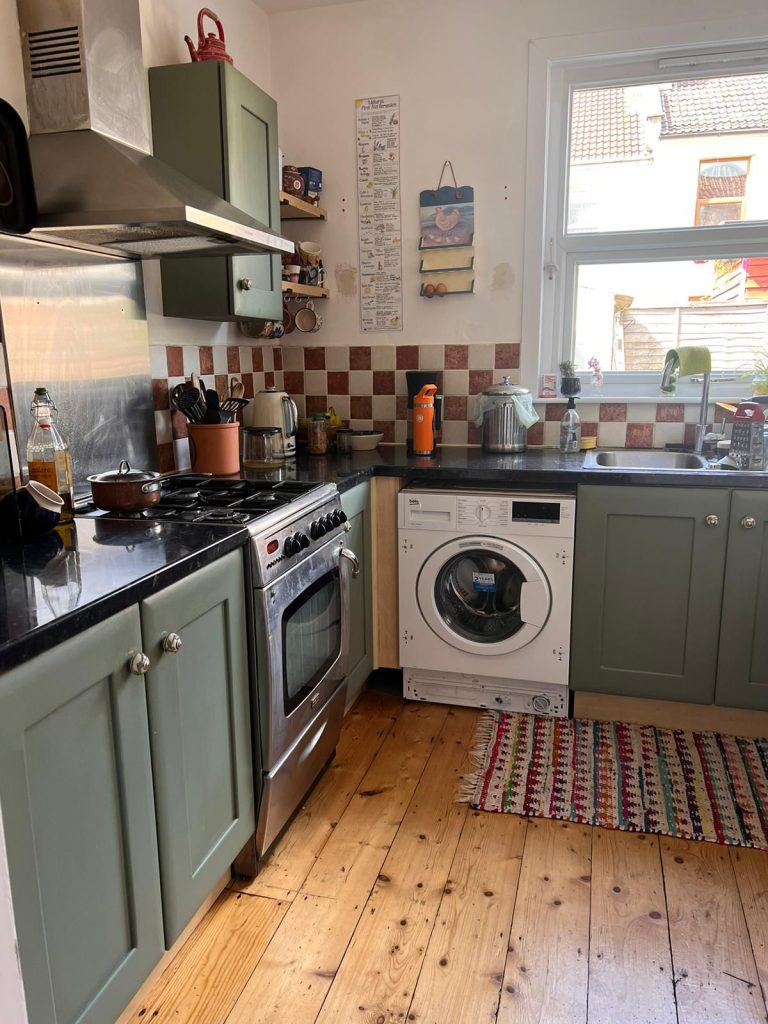
- Apply plumbers tape to any threaded connections that may be causing the leak.
- Tighten the connections, and the tape can help create a better seal.
Place a Bucket
- Position a bucket or container under the leak to catch dripping water.
- Empty the bucket regularly to prevent overflow.
DIY Leaking Sink Repairs
If you have some DIY skills and the necessary tools, you may attempt to fix the leak yourself.
Replace a Washer
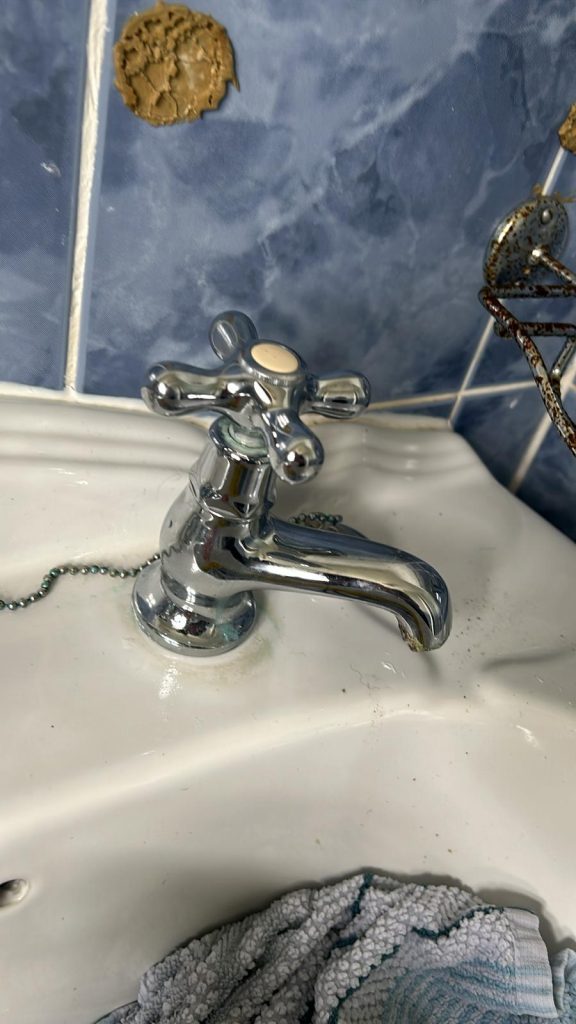
- If the tap is the source of the leak, try replacing the washer inside.
- Turn off the water supply, disassemble the tap, and replace the washer.
Patch Small Cracks
- For minor pipe cracks, you can use epoxy putty to patch the damaged area.
- Ensure the pipe is dry and clean before applying the epoxy.
Calling a Professional
If the leak persists or the issue is beyond your DIY abilities, it’s time to call a professional plumber Bristol.
Find a Reliable Plumber for Leaking Sinks
- Research and find a reputable plumber in your area.
- Check reviews and ask for recommendations from friends and family.
Schedule an Appointment
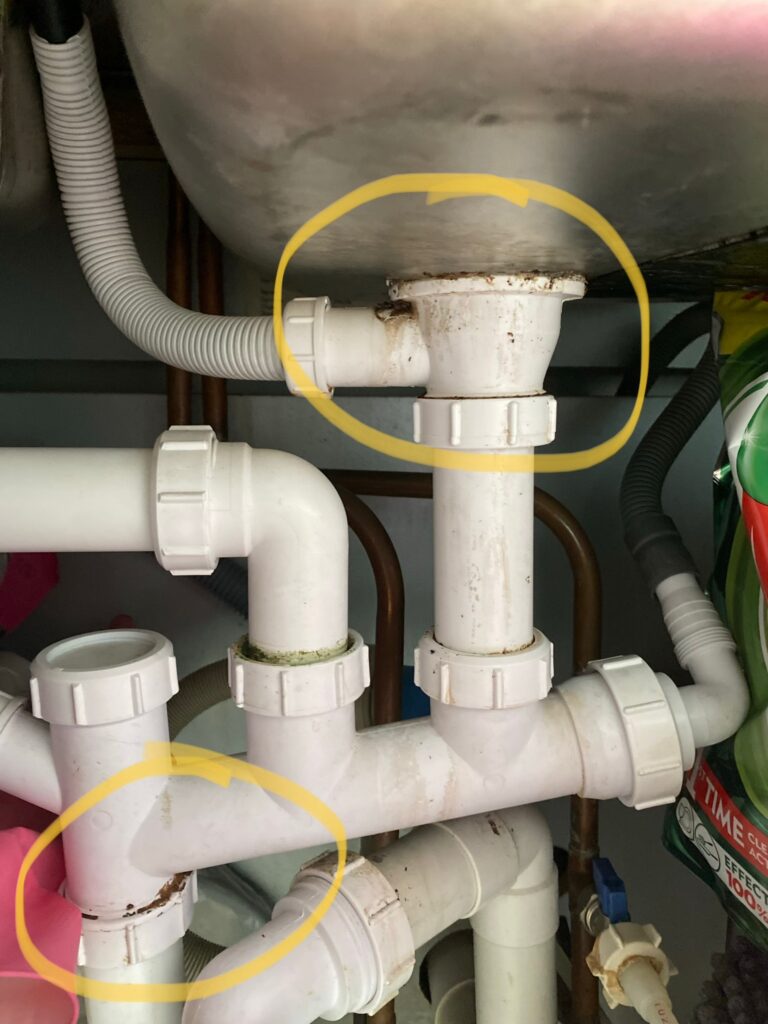
- Contact the plumber and schedule a convenient appointment time.
- Provide them with details about the leak and any observations you’ve made.
Dealing with a leaking sink can be a minor inconvenience or a major issue, depending on its severity. Identifying the source, turning off the water supply, and implementing temporary fixes are essential steps to minimize damage. If the problem persists or requires professional expertise, don’t hesitate to seek the help of a qualified plumber.
FAQs about a Leaking Sink
- Can I use duct tape to fix a leaking sink temporarily?While duct tape can offer a temporary fix, it’s not a long-term solution. It’s best to address the root cause of the leak for a more effective repair.
- Is it safe to use the sink if it’s leaking?It’s advisable to avoid using the sink until the leak is fixed to prevent further damage and potential hazards.
- How do I know if I need to replace the entire tap?If the tap is old, corroded, or severely damaged, it’s usually more cost-effective to replace it with a new one.
- What should I do if the leak is coming from the wall behind the sink?If the leak is not originating from the sink components, it may be a plumbing issue within the wall. In this case, consult a professional plumber immediately.
- Are there any preventive measures to avoid sink leaks?Regularly inspect your sink and plumbing for signs of wear and tear. Address minor issues promptly to prevent larger leaks in the future.
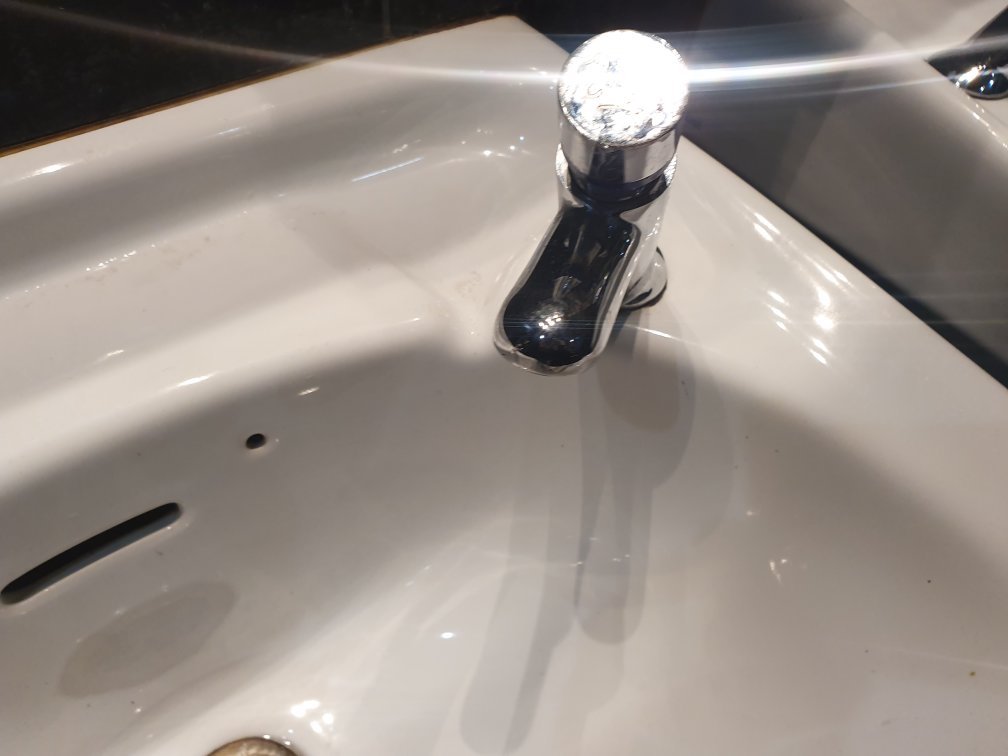
Remember, a leaking sink may seem like a minor inconvenience, but addressing it promptly can save you from significant water damage and costly repairs down the road. So, roll up your sleeves, follow the steps outlined above, and bid farewell to that pesky sink leak!
